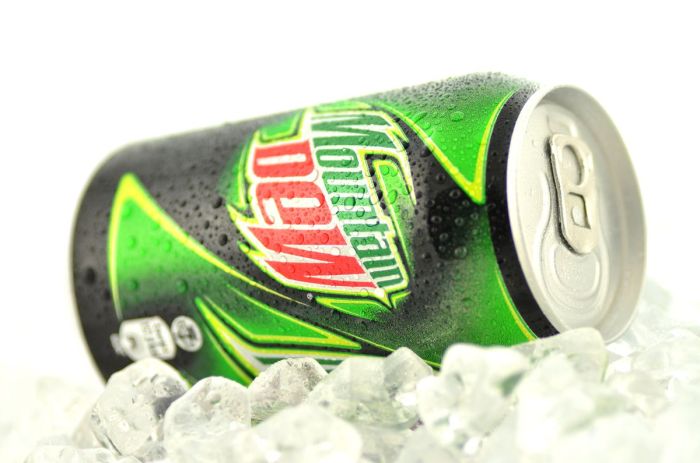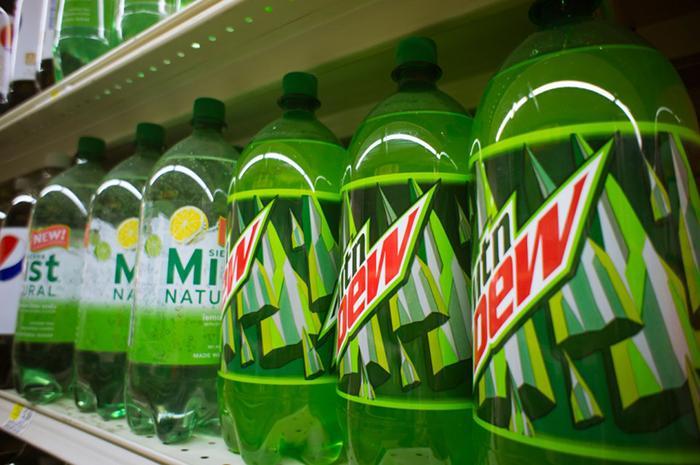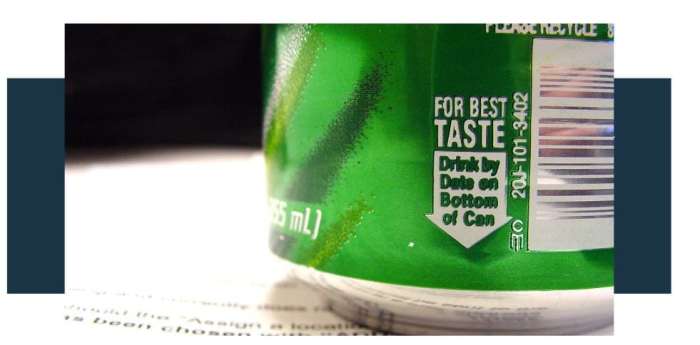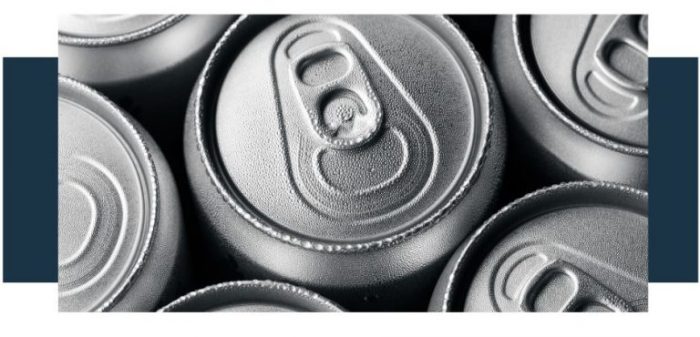Embark on a captivating journey with the “Mountain Dew Test for ADHD,” where we delve into the intriguing relationship between this popular beverage and its potential impact on attention, impulsivity, and cognitive abilities. Join us as we uncover the latest research findings and expert insights, unraveling the complexities of this widely consumed drink.
From examining the correlation between Mountain Dew consumption and increased ADHD symptoms to exploring its effects on memory and problem-solving skills, our exploration will shed light on the potential implications for individuals with ADHD. Stay tuned as we delve into the science behind Mountain Dew’s effects, empowering you with informed choices.
Mountain Dew Consumption Patterns and ADHD Symptoms

Mountain Dew, a popular energy drink, has gained attention for its potential association with increased hyperactivity, impulsivity, and inattention, which are common symptoms of Attention Deficit Hyperactivity Disorder (ADHD).
Research suggests a correlation between Mountain Dew consumption and the prevalence of ADHD symptoms. Studies have found that individuals who consume Mountain Dew regularly are more likely to exhibit hyperactivity, impulsivity, and inattention compared to those who do not consume the beverage.
Caffeine and Other Ingredients, Mountain dew test for adhd
Mountain Dew contains high levels of caffeine, which is a known stimulant that can exacerbate ADHD symptoms. Caffeine can lead to increased heart rate, restlessness, and difficulty concentrating, which can worsen the symptoms of ADHD.
In addition to caffeine, Mountain Dew also contains other ingredients, such as sugar and artificial flavors, that may contribute to ADHD symptoms. Sugar can cause a spike in blood sugar levels, leading to energy crashes and difficulty focusing. Artificial flavors may also contain chemicals that can affect brain chemistry and behavior.
Impact of Mountain Dew on Cognitive Functioning

Mountain Dew’s high caffeine and sugar content can significantly impact cognitive functioning. Studies have shown that excessive consumption of Mountain Dew can impair attention, memory, and problem-solving abilities.
The recent research on the Mountain Dew test for ADHD is intriguing. While the results may be inconclusive, they raise questions about the potential effects of sugary drinks on behavior. In ancient times, warriors faced similar challenges in maintaining focus during battle.
As described in the Iliad Book 5 summary , Diomedes’s heroic feats demonstrate the importance of staying alert and focused on the battlefield. Perhaps the Mountain Dew test offers a modern-day parallel to the timeless struggle of warriors to overcome distractions and achieve victory.
Attention
Caffeine acts as a stimulant that can initially improve alertness and attention. However, excessive caffeine intake can lead to jitters, anxiety, and difficulty focusing. The high sugar content in Mountain Dew can also cause energy crashes, further disrupting attention.
Memory
Studies have linked high sugar consumption to impaired memory function. The glucose in Mountain Dew can interfere with the brain’s ability to encode and retrieve memories. Additionally, caffeine can overstimulate the brain, making it harder to concentrate and retain information.
Problem-Solving
Complex cognitive tasks require sustained attention, memory, and logical reasoning. Excessive Mountain Dew consumption can impair these abilities, making it difficult to solve problems effectively. The high caffeine and sugar content can lead to cognitive fatigue and reduced mental clarity.
Compared to other caffeinated beverages, Mountain Dew has a higher sugar content, which contributes to its negative cognitive effects. Energy drinks typically contain even higher levels of caffeine and sugar, making them even more likely to impair cognitive functioning.
Long-Term Health Implications of Mountain Dew Consumption

Long-term consumption of Mountain Dew can lead to a range of adverse health effects due to its high sugar content, artificial sweeteners, and other ingredients. These health risks include weight gain, tooth decay, and increased risk of chronic diseases such as type 2 diabetes and heart disease.
Weight Gain
Mountain Dew is a high-calorie beverage, with a 12-ounce can containing approximately 150 calories. The majority of these calories come from sugar, which can contribute to weight gain if consumed in excess. Regular consumption of sugary drinks has been linked to increased body weight and obesity, especially among children and adolescents.
Tooth Decay
The high sugar content of Mountain Dew also poses a significant risk for tooth decay. Sugar feeds bacteria in the mouth, which produce acids that can erode tooth enamel and lead to cavities. The artificial sweeteners used in diet Mountain Dew, such as aspartame and sucralose, have also been linked to tooth decay, although to a lesser extent than sugar.
Increased Risk of Chronic Diseases
Regular consumption of Mountain Dew has been associated with an increased risk of chronic diseases, including type 2 diabetes and heart disease. The high sugar content can lead to insulin resistance, a condition in which the body’s cells become less responsive to insulin, the hormone that regulates blood sugar levels.
Over time, insulin resistance can lead to type 2 diabetes. Additionally, the high fructose content of Mountain Dew has been linked to increased levels of triglycerides, a type of fat in the blood that can contribute to heart disease.
Recommendations for Reducing Health Risks
To reduce the health risks associated with Mountain Dew consumption, it is recommended to limit intake and opt for healthier beverage choices. Water is the best choice for hydration, while unsweetened tea or coffee can also be good options. If you do choose to consume Mountain Dew, it is important to do so in moderation and brush your teeth regularly to prevent tooth decay.
Alternative Beverage Options for Individuals with ADHD: Mountain Dew Test For Adhd

Managing ADHD symptoms involves maintaining a balanced diet and adequate hydration. Certain beverages can exacerbate symptoms, while others may provide beneficial effects. Here are some alternative beverage options to consider:
Nutritional Content and Potential Effects of Different Beverages
| Beverage | Nutritional Content | Potential Effects on ADHD |
|---|---|---|
| Water | No calories, no added sugar | Hydrating, supports cognitive function |
| Fruit Juice (100% Pure) | Vitamins, minerals, antioxidants | Can provide energy boost, but high sugar content may worsen symptoms |
| Herbal Teas (e.g., chamomile, lavender) | Antioxidants, calming effects | May promote relaxation, reduce anxiety |
Benefits of Hydration and a Balanced Diet
Staying hydrated is crucial for overall health and cognitive function. Water supports brain function, enhances focus, and reduces fatigue. A balanced diet provides essential nutrients that support brain health and may help manage ADHD symptoms. Consuming fruits, vegetables, whole grains, and lean protein ensures a steady supply of nutrients to the brain.
Query Resolution
Can Mountain Dew worsen ADHD symptoms?
Research suggests that the caffeine and other ingredients in Mountain Dew may exacerbate hyperactivity, impulsivity, and inattention in individuals with ADHD.
What are alternative beverage options for individuals with ADHD?
Water, fruit juice, and herbal teas are less likely to worsen ADHD symptoms and provide essential hydration and nutrients.

